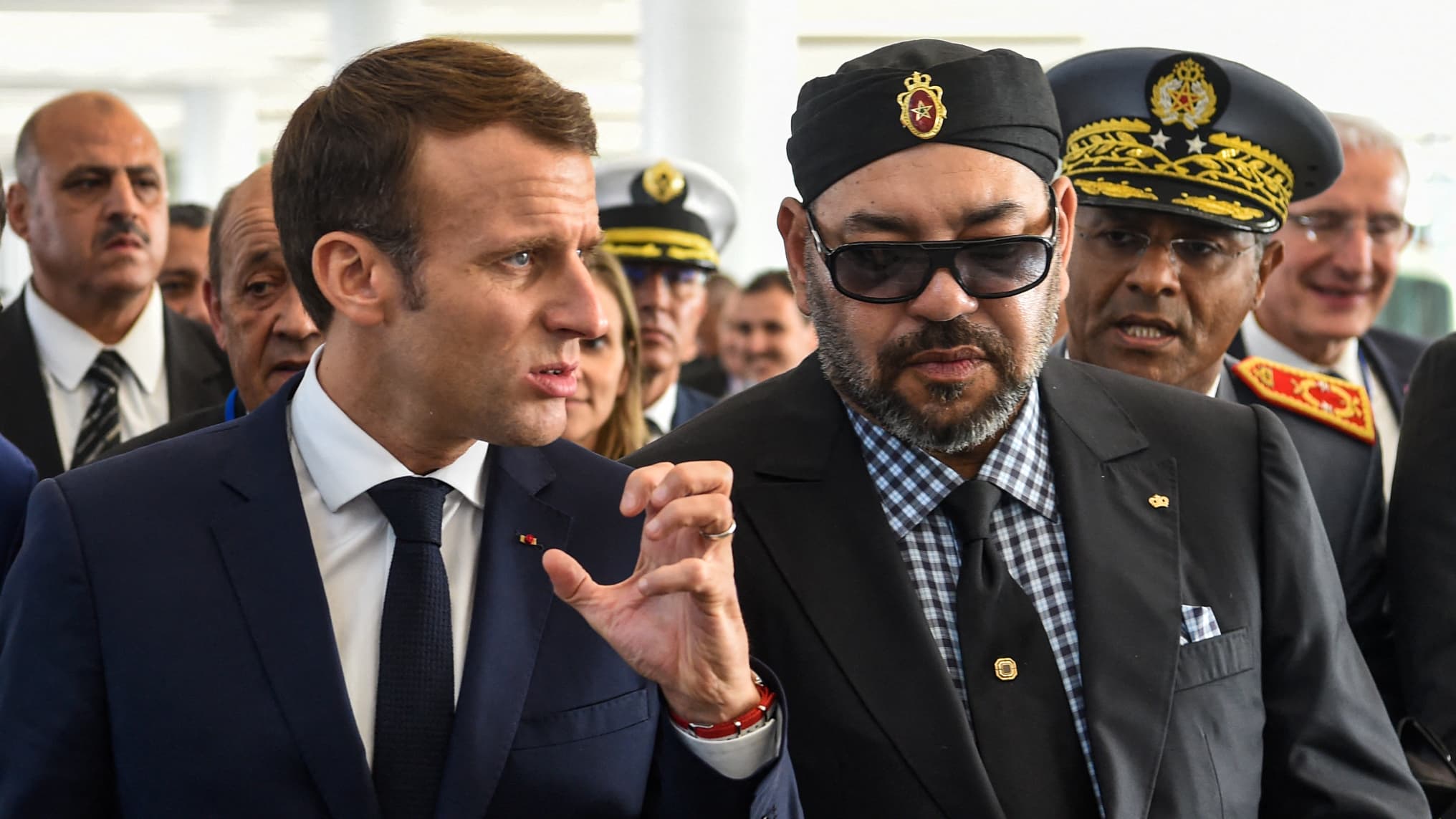FTC Challenges Microsoft's Activision Blizzard Acquisition

Table of Contents
The FTC's Concerns Regarding Competition
The FTC's core argument centers on the assertion that the Microsoft Activision Blizzard merger would stifle competition and ultimately harm consumers. Their concern is that this consolidation of power would significantly alter the competitive landscape of the video game market.
-
Microsoft's Potential to Leverage Popular Franchises: The FTC argues that Microsoft could leverage its ownership of Activision Blizzard's immensely popular franchises – including Call of Duty, Candy Crush, World of Warcraft, and others – to gain an unfair advantage over competitors. This could involve making these titles exclusive to the Xbox ecosystem, disadvantaging PlayStation and other platforms.
-
Reduced Innovation and Higher Prices: The commission fears that reduced competition could lead to less innovation and potentially higher prices for gamers. With less pressure from rival companies, Microsoft might be less incentivized to offer competitive pricing or push the boundaries of gaming technology.
-
Microsoft's Acquisition History: The FTC's investigation also considers Microsoft's history of mergers and acquisitions, examining whether past acquisitions have resulted in similar anti-competitive practices. This historical context provides a framework for assessing the potential impact of the current proposed merger.
-
Market Dominance Concerns: The FTC is concerned about Microsoft's potential to achieve dominance in various segments of the gaming market, potentially leading to a less diverse and dynamic gaming ecosystem. This concern extends beyond the console market to include mobile gaming and PC gaming.
Microsoft's Defense of the Acquisition
Microsoft, however, strongly refutes the FTC's claims, arguing that the acquisition will benefit consumers and stimulate innovation. Their defense strategy centers on several key arguments.
-
Increased Accessibility to Games: Microsoft asserts that the merger will broaden access to Activision Blizzard games, bringing them to a wider audience through various platforms, including Xbox Game Pass.
-
Commitment to Multi-Platform Availability: A key element of Microsoft's defense is its repeated commitment to keep Activision Blizzard titles, especially Call of Duty, available on multiple platforms, including PlayStation. They claim this will maintain competition and prevent harm to consumers.
-
Market Share Arguments: Microsoft argues that its market share, even after the acquisition, will not be so dominant as to stifle competition. They point to the existence of other significant players in the market, such as Sony and Nintendo.
-
Concessions Offered: Microsoft has offered concessions to address some of the FTC's concerns, although the specifics of these concessions haven't always been publicly revealed. This suggests a willingness to negotiate and potentially mitigate some of the anti-competitive risks.
The Wider Implications for the Gaming Industry and Antitrust Law
The FTC's challenge has far-reaching implications beyond the immediate players involved. The outcome will impact the gaming industry and antitrust law globally.
-
Future Mergers and Acquisitions: The decision will set a precedent for future mergers and acquisitions in the gaming industry and potentially the wider tech sector. Other companies considering similar deals will carefully watch the outcome.
-
Antitrust Enforcement in Tech: This case underscores the heightened scrutiny of antitrust enforcement in the tech industry, highlighting the increasing focus on the potential for large tech companies to exert undue influence on markets.
-
Impact on Competition and Innovation: The long-term effect on competition and innovation in the video game market remains to be seen. The decision could shape the competitive dynamics for years to come.
-
International Regulatory Response: The FTC's actions are likely to influence regulatory bodies in other countries, as they consider the Microsoft Activision Blizzard acquisition within their own jurisdictions.
The Role of Call of Duty in the FTC's Argument
Call of Duty's immense popularity makes it a focal point in the FTC's argument. The potential for Microsoft to make it exclusive to Xbox is a major concern.
-
Key Asset in the FTC's Case: Call of Duty's massive player base and consistent success make it a key asset in the FTC's case, as its exclusivity could significantly harm competitors.
-
Impact of Exclusivity: The argument revolves around the potential competitive harm caused by removing Call of Duty from competing platforms, particularly PlayStation. This could potentially drive players to switch consoles or even leave the platform altogether.
-
Microsoft's Multi-Platform Commitment: Microsoft's commitment to keeping Call of Duty on PlayStation is central to their defense. Maintaining this commitment could significantly influence the outcome of the case.
Conclusion
The FTC's challenge to the Microsoft Activision Blizzard acquisition is a landmark case with far-reaching implications for the gaming industry and antitrust law. The outcome will shape the future of mergers and acquisitions in the tech sector and has the potential to significantly impact competition and innovation within the video game market. Understanding the FTC's concerns, Microsoft's defense, and the broader implications is crucial for anyone following the future of gaming. Stay informed about further developments in the FTC Activision Blizzard Microsoft Acquisition case. Keep checking back for updates on this significant development impacting the gaming landscape.

Featured Posts
-
 M Net Firmenlauf In Augsburg Aktuelle Ergebnisse Und Fotos
May 30, 2025
M Net Firmenlauf In Augsburg Aktuelle Ergebnisse Und Fotos
May 30, 2025 -
 Norrie Upsets Medvedev At French Open Djokovic Advances
May 30, 2025
Norrie Upsets Medvedev At French Open Djokovic Advances
May 30, 2025 -
 Ulasan Lengkap Kawasaki W175 Dan Honda St 125 Dax Mana Yang Sesuai Untuk Anda
May 30, 2025
Ulasan Lengkap Kawasaki W175 Dan Honda St 125 Dax Mana Yang Sesuai Untuk Anda
May 30, 2025 -
 Drapers Breakthrough Madrid Clay Court Final
May 30, 2025
Drapers Breakthrough Madrid Clay Court Final
May 30, 2025 -
 Mobilite Durable Le Renforcement De La Cooperation Entre La France Et Le Vietnam
May 30, 2025
Mobilite Durable Le Renforcement De La Cooperation Entre La France Et Le Vietnam
May 30, 2025
